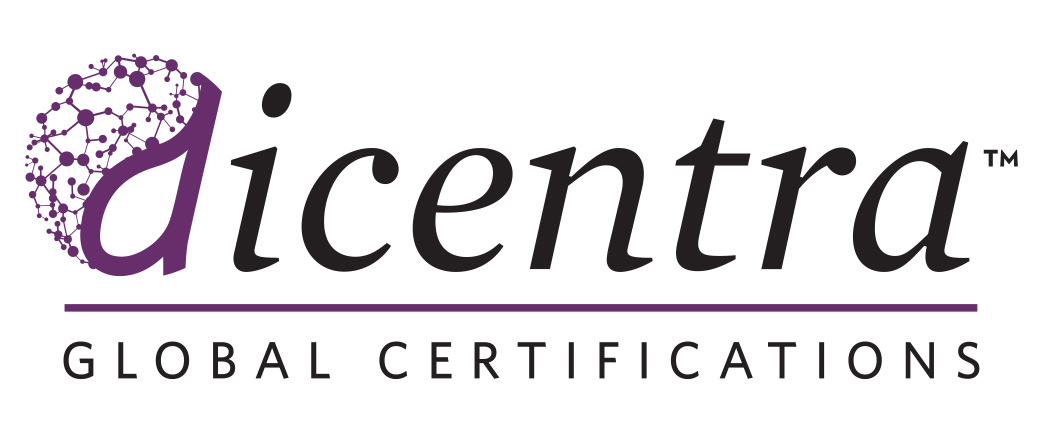GMPs are a set of industry best practices to help ensure the safety, quality and efficacy of a natural health product.
GMPs address the hazards associated with personnel and environment during food production. They provide a foundation for any food safety system. Once GMPs are in place, processors can implement a Hazard Analysis Critical Control Point (HACCP) system to control hazards that may affect the ingredients and packaging material during food processing.
Natural health products (NHPs) are a valuable tool in health and well-being, and it is the right of every consumer to have a choice of safe and effective, remedies for their personal health. In response to the public demand for legislation to ensure the quality and integrity of products in this $60 billion-dollar industry, countries have adopted or are in the process of adopting Good Manufacturing Practices (GMPs).
Most manufacturers of NHPs do their best to ensure the safety and quality of their products, however, standards can still vary widely amongst facilities. The implementation of GMPs will help reassure consumers that the same level of care and testing is found throughout the industry.
There are many benefits for companies who implement a fully-compliant GMP program, which will substantially increase the quality of their product, and increase revenues and customer satisfaction. Some of the benefits from a proactive approach to a compliant GMP program include:
Environmental control (premises): location, design and construction of the building and its interior, equipment, water supply
Personnel practices: personal hygiene, hand washing, clothing/footwear/headwear, injuries and wounds, evidence of illness, access and traffic patterns, chemical use
Shipping, receiving, handling, storage: inspection procedures for transport vehicles; loading, unloading and storage practices; inspection
procedures for incoming products; shipping conditions; returned and defective products; allergen control; chemical storage; waste management
Pest control: monitoring procedures for the exterior and interior of the building (ex: surveillance, fumigation) and the use of pesticides
Sanitation: cleaning and sanitizing procedures and pre-operational assessment
Equipment maintenance: procedures describing preventive maintenance and calibration of all the equipment and instruments that can affect food
safety (ex: thermometers, thermocouples, metal detectors, scales, pH meters)
Recall and traceability: procedures that ensure final products are coded and labelled properly; incoming materials; in-process and outgoing
materials are traceable; recall system is in place and tested for effectiveness (ex: procedures for mock recalls)
Water safety: water safety monitoring procedures for water, ice and steam, and water treatment procedures that ensure it is potable for use in food
processing
Operating costs drop as rework and penalties due to non-compliance reduce and efficiencies increase.
